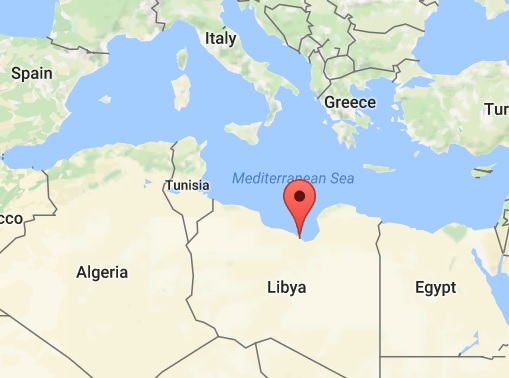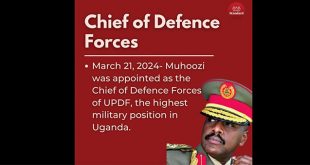
Berlin, Germany | AFP | Key players in the Libya crisis and world leaders held a high-stakes summit in Berlin on Sunday to discuss the way forward to end the conflict.
Here are the main points they agreed on their final communique, to be put forward as a UN Security Council resolution.
– End to foreign interference –
The Berlin participants “commit to refraining from interference in the armed conflict or in the internal affairs of Libya” and urge all international actors “to do the same”.
– UN arms embargo –
The participants “commit to unequivocally and fully respect and implement the arms embargo” established by the UN in 2011 but frequently violated, and “call on all international actors to do the same”.
“We call on all actors to refrain from any activities exacerbating the conflict… including the financing of military capabilities or the recruitment of mercenaries,” the text adds.
The document also asks UN experts to monitor and investigate any breaches of the arms embargo “on a continuous basis” and for sanctions to be imposed in case of violations.
– Ceasefire –
The signatories to the final statement “call on all parties concerned to redouble their efforts for a sustained suspension of hostilities, de-escalation and a permanent ceasefire”.
They also urge “the redeployment of heavy weapons, artillery and aerial vehicles” and an end to all military movements by, or in direct support of, the conflict parties — throughout Libya and in its airspace, the text reads.
The participants invite the United Nations to establish “technical committees” to monitor the implementation of the truce.
They call on the UN Security Council “to impose appropriate sanctions on those who are found to be in violation of the ceasefire arrangements and on member states to enforce these”.
– Dissolving militias –
According to the text, the participants want to see “credible steps” towards “the dismantling of armed groups and militias” in Libya, whose members should then be integrated “into civilian, security and military state institutions”. The UN is asked to assist the demobilisation process.
– Return to political process –
The Berlin document urges “all Libyan parties to resume the inclusive Libyan-led and Libyan-owned political process under the auspices of the UNSMIL (the UN Support Mission in Libya)” to reach an intra-Libyan solution.
The goal is to pave “the way to end the transitional period” through free, fair and credible parliamentary and presidential elections.
– Human rights and migration –
The participants “urge all parties in Libya to fully respect international humanitarian law and human rights law”.
They call for an “end to the practice of arbitrary detention” and urge the Libyan authorities to “gradually close the detention centres for migrants and asylum seekers”.
– Economy and oil –
The participants stressed the importance of restoring and safeguarding the integrity of Libyan institutions, in particular the Central Bank of Libya and the National Oil Corporation (NOC).
They urge all parties to guarantee the security of the country’s crucial oil infrastructure, and reject “any illicit exploitation of its energy resources”.
– Follow-up talks –
At the press conference announcing the communique, UN chief Antonio Guterres said Fayez al-Sarraj, the head of the UN-recognised government in Tripoli, and rival strongman Khalifa Haftar, had each appointed five military representatives to attend follow-up talks in Geneva “in the next few days”.
 The Independent Uganda: You get the Truth we Pay the Price
The Independent Uganda: You get the Truth we Pay the Price


